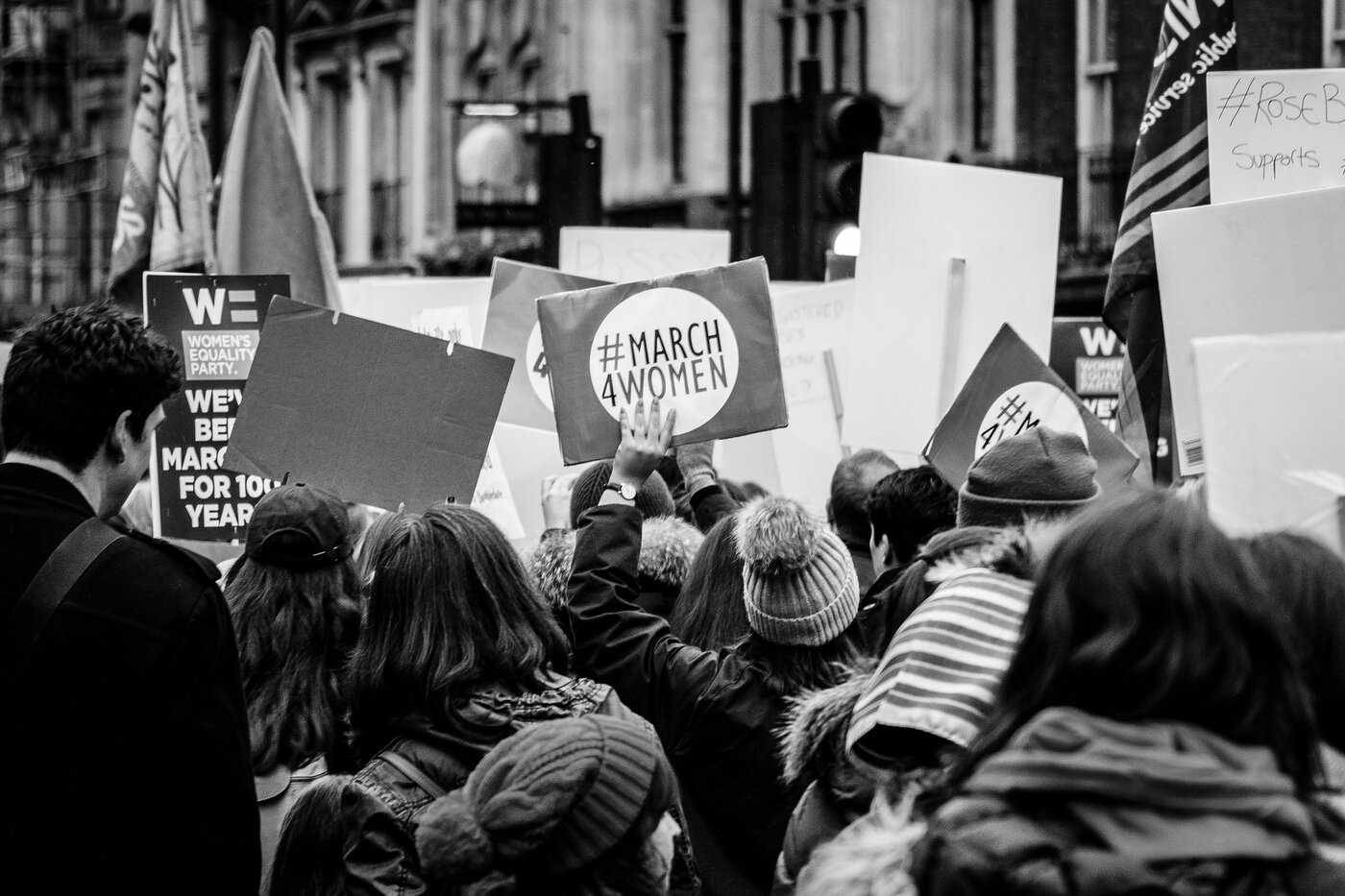International Standing Working Group on Medialization and Empowerment
Christina von Hodenberg / Jane Freeland
c.hodenberg@ghil.ac.uk
Since their emergence in the late 19th century, mass media have been instrumental for activists fighting against inequality. They have provided a platform for voicing dissent, enabled the mobilization of marginalized groups, and accelerated social and value change. Yet they have also perpetuated harmful norms and contributed to the on-going exclusion of social groups.
The International Standing Working Group on Medialization and Empowerment explores this relationship by examining how the rise of the mass media has shaped discussions of women’s rights in the long 20th century. Using the concept of ‘medialization’ – a term that refers to the way spaces of communication have become increasingly dense and interlinked, as well as the increasing pressure for other social sectors to conform to the conditions imposed by the media – we consider the agency of the media and media users in shaping women’s emancipation. In doing so, we focus not only on the function of modern media in spreading knowledge that guides action, but also on the limits to the circulation of knowledge and their consequences.
Alongside three international conferences, the ISWG developed an online exhibition on Feminism and the Media in British, Indian, and German modern history, along with two online modules offering training in digital humanities research methods, focusing on corpus linguistics and statistical methods. The online exhibition was curated by Maya Caspari and Jane Freeland, and has now expired.
The research group was led by Christina von Hodenberg and Jane Freeland, and involved partners at the India Branch Office of the Max Weber Foundation, the GHI Rome, the GHI Washington, the Orient Institute Beirut, and scholars from German, Indian, and British universities. It was part of the project ‘Knowledge Unbound: Internationalisation, Networking, Innovation in and by the Max Weber Stiftung’ and funded by the German Federal Ministry of Education and Research.

Related publications
Christina von Hodenberg, The Other ’68: A Social History of West Germany’s Revolt. Translated by Rachel Ward (Oxford, 2024)
Christina von Hodenberg and Jane Freeland, ‘Archiving, Exhibiting, and Curating the History of Feminisms in the Global Twentieth Century: An Introduction’, in Archiving, Exhibiting, and Curating the History of Feminisms in the Global 20th Century, special issue of Women's History Review, 33/1 (2023), 1-6 (Read here)
Maya Caspari, Forms, Voices, Networks: Feminism and the Media—Contingent curation, archival activism, frictional relations, in Archiving, Exhibiting, and Curating the History of Feminisms in the Global 20th Century, special issue of Women's History Review, 33/1 (2023), 131-151 (Read here)
Emily A. Steinhauer, Time, labour, and the ‘dual role’: Viola Klein’s study of ‘Professional Womanpower’ as a feminist archive, in Archiving, Exhibiting, and Curating the History of Feminisms in the Global 20th Century, special issue of Women's History Review, 33/1 (2023), 40-59 (Read here)
Jane Freeland, Feminist Transformations and Domestic Violence in Divided Berlin, 1968-2002 (London, 2022) (Read here)
Christina von Hodenberg, ‘Writing Women's Agency into the History of the Federal Republic: ‘1968’, Historians, and Gender’, Central European History, 52/1 (2019), 87–106
Christina von Hodenberg, Das andere Achtundsechzig: Gesellschaftsgeschichte einer Revolte (Munich, 2018)
Christina von Hodenberg, Television’s Moment: Sitcom Audiences and the Sixties Cultural Revolution (New York, 2015)
Jane Freeland, ‘Domestic Abuse, Women’s Lives and Citizenship: East and West Policies during the 1960s and 1970s’, in Friederike Brühöfener, Karen Hagemann, and Donna Harsch (eds.), Gendering Post-1945 German History: Entanglements (New York, 2019), 253–73
Jane Freeland, ‘Women’s Bodies and Feminist Subjectivity in West Germany’, in Joachim Häberlen, Mark Keck-Szajbel, and Kate Mahoney (eds.), The Politics of Authenticity: Countercultures and Radical Movements across the Iron Curtain, 1968–1989 (New York, 2019), 131–50
Related events and presentations
Past
‘The History of Medialization and Empowerment: The Intersection of Women’s Rights Activism and the Media’, Final Meeting of the International Standing Working Group on Medialization and Empowerment, German Historical Institute London/Online, 20–22 January, 2022
Call for Papers / Conference Programme / Conference Report
‘Archiving, Recording and Representing Feminism: The Global History of Women’s Emancipation in the 20th Century’, Second Meeting of the International Standing Working Group on Medialization and Empowerment, London (online event), 10–11 Dec. 2020
‘Feminism in the Media/Feminism and the Media in the 20th Century’, First Meeting of the International Standing Working Group on Medialization and Empowerment, German Historical Institute London, 21–23 Nov. 2019